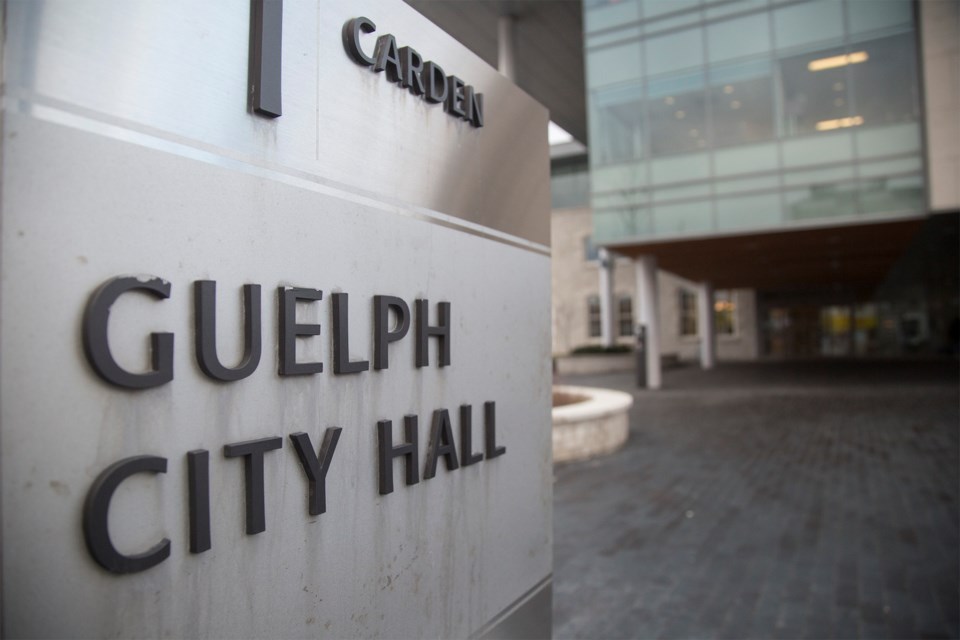An investigator has dismissed a citizen complaint about how some meetings held by Clair/Maltby Secondary Plan working groups were conducted.
The complainant, longtime council watcher Susan Watson, argued that the city did not follow its own rules in regards to closed meetings when it came to the Clair/Maltby Secondary Plan Technical Advisory Group (TAG) and the Community Working Group (CWG), two groups involving various stakeholders established to provide input to city staff on the secondary plan as it is developed.
Watson felt the groups should have followed the same procedural bylaws for city committee meetings.
She had concerns about the transparency and what she termed “secrecy” of the two advisory groups.
An investigator with Amberley Gavel, the outside agency used to investigate closed meetings, said that the meetings of the two groups did not breach either the city’s own bylaws or the Municipal Act because the groups were advising staff, not council, and the act did not apply to them.
“Clearly from the Terms of Reference for both bodies it appears that it was not the intention that these would be committees advising Council. The clear intention was to advise the City’s staff and the consultants engaged on the project,” wrote investigator Nigel Bellchamber in a report to council.
“The question remains, are the Advisory Committees or Ad Hoc Committees appointed pursuant to the City’s Procedure By-law. We do not believe that they are,” the report said.
Watson said in an interview that meeting minutes were not made available until after she filed her complaint.
Watson believes the city procedural bylaws should apply to such advisory groups, at least in spirit, and if they don’t, it indicates a gap in the process that needs to be addressed.
“As I detail in my complaint, no notice of meetings as per Section 4.1 was given for the CWG or the TWG. Initially, staff were resisting disclosing the membership of the working groups,” Watson said.
“The investigator did not conclude that the process was open and transparent, just that the legal requirements did not apply,” Watson said.
“Is this just an oversight or is everyone okay with this type of secrecy?” Watson asked. “Are councillors comfortable with the kind of secrecy we saw around these meetings? Are citizens?”
The report is on the agenda for council's Nov. 19 meeting.
